The Role of Home Inspectors in New Construction
Home inspections have always been associated with assessing old homes when buying or selling. However, their significance for newly built properties cannot be undervalued either.
[ez-toc]

Even though you have hired the best builders or contractors to build your new home, the probability of errors is always there. Home inspectors can figure out those hidden defects, allowing you to get the rectifications done before moving in. It is also beneficial as initial stage flaunts are always quick and less costly to deal with. After all, who wants to stand the annoyance of water leaks, smelly indoors, a malfunctioning HVAC system, or other similar issues after investing thousands of dollars and an enormous amount of time?
Let’s have a better understanding of how home inspection for new construction works and why you should consider it a mandatory procedure.
Role Of Home Inspectors In New Construction
Finally, when all the construction work is done, you might want to examine the property’s suitability with a walk-through. However, will you be able to identify the improper fittings, faulty wiring system, unsuitable HVAC system installation, defective plumbing fixtures, and other similar problems? Certainly, you cannot, but a home inspection specialist can!
Identifying Missed Mistakes Or Inappropriate Fittings
Being experts at inspections, they thoroughly assess your newly built home’s minor to major elements and find the unsuitability that needs to be addressed.
They do not just look around to report the problems; instead, they have several advanced tools and techniques that help them create a precise report on your home’s overall condition. For instance, tools like moisture meters, voltage testers, gas detectors, and infrared cameras are used to detect hidden issues like water leaks, electrical problems, gas leaks, and insulation deficiencies.
Here are some of the common issues that home inspectors find:
Electrical Concerns

Your new home might have inadequate electrical capacity, improperly installed outlets or switches, faulty wiring, and safety hazards like exposed wiring or lack of grounding.
Plumbing Defects
Using a combination of various equipment, such as plumbing cameras, pipe and drain snakes, water pressure gauges, thermal imaging cameras, and plumbing pressure test equipment, the experts will identify potential problems.
Commonly found plumbing issues include minor leaks, improper drainage system, inadequate water pressure, faulty fixtures, and improper venting.
HVAC System Problems
Though the newly installed HVAC must work fine, improper installations may result in malfunctioning. Inspectors won’t leave your HVAC system’s efficiency and discover issues with heating, ventilation, and air conditioning systems, along with finding the underlying reason for these malfunctioning components.
Structural Defects
As a surprise, your new home’s structure may have defects, such as problems with the foundation, framing, walls, or roof, such as cracks, settling, bowing walls, or sagging ceilings. Techniques and tools like measurement & leveling, probe testing, roof inspection, and others are employed for this purpose.
Does your Home have Proper Insulation and Ventilation?
A home with poor insulation and ventilation is likely to have inferior indoor air quality, a risk of mold growth, and an uncomfortable ambiance. Therefore, home inspectors detect insulation issues in windows & doors, inadequate ventilation in attics and crawl spaces, and insufficient insulation in walls and other similar issues. If these are not addressed, you will not just have uncomfortable interiors but also higher energy bills.
Code Violations
Though this building code compliance is evaluated when finalizing the home’s design, the probability of mistakes by the builder is possible. Experts are familiar with the regional codes and know how to measure adherence in your house effectively. If there are flaws in the design, you can address them instantly, which might otherwise land you in legal trouble.
Safety Hazards
No one would like to hear this, but your new home can also be hazardous. That’s why inspectors prioritize identifying safety hazards such as missing handrails, unstable stairs, inadequate fire safety measures, or improper placement of smoke detectors. This will ensure you have a safe space to live in.
When should you schedule your new construction inspection?

Pre-Drywall Inspection
This is one of the most crucial stages for an inspection. It occurs before the drywall is installed, allowing the inspector to examine the following:
Framing: Proper installation, structural integrity, and adherence to plans.
Plumbing and electrical systems: Rough-in checks for proper placement, code compliance, and potential leaks.
Insulation: Installation quality and adherence to building code requirements.
Scheduling this inspection at least 48 hours before drywall installation is crucial. This timeframe allows for:
The inspector to gather information and prepare a detailed report.
Addressing any identified concerns before they’re concealed behind drywall.
Pre-Closing Inspection
This inspection happens shortly before your closing date, ideally a week or two beforehand. It ensures:
- All major construction work is complete.
- The final finishes are installed and functioning properly.
- The home complies with building codes and meets your expectations.
This inspection allows you to:
- Identify any last-minute issues and request corrections from the builder before closing.
- Gain confidence in the overall quality and functionality of your new home.
- Additional Considerations:
While the above two are the primary stages, some homeowners might also consider:
Foundation inspection: Before concrete pouring, ensure proper footing and foundation integrity.
Final walkthrough inspection: Accompanied by the inspector to verify any identified issues from the pre-closing inspection have been addressed.
Keep in mind these essential tips to avoid further inconveniences during inspection:
Communicate with your builder: Discuss your desire for inspections and coordinate schedules to ensure access at the appropriate stages.
Choose a qualified inspector: Look for someone experienced in new construction inspections and licensed in your area.
Conclusion
Investing in a new construction home is an exciting experience, but don’t let the initial thrill overshadow the importance of a thorough inspection. While builders strive for perfection, unforeseen issues can arise. A home inspector acts as your trusted advisor, meticulously scrutinizing your new haven and uncovering hidden defects before they become costly, frustrating problems.Before moving into your new residence, ensure it meets your expectations in every term. Contact our home inspector in Fort Worth, Dallas, Plano, Irving, and Colleyville!


